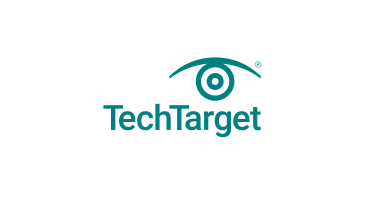Employee monitoring is a necessary practice in businesses to enhance productivity and protect corporate resources. The main goal is to prevent unacceptable behavior and reduce productivity loss caused by non-work-related internet activities, which research shows can account for a significant portion of employees’ time during work hours. With the increasing prevalence of remote work, monitoring methods such as keystroke logging, GPS tracking, and internet monitoring have become more critical to ensure productivity and security.
When implementing employee monitoring, organizations must consider legal considerations, such as who owns the equipment being used and when it is being used. Employers must navigate privacy laws and regulations, such as the GDPR in Europe, to ensure compliance with monitoring practices. Developing a clear acceptable use policy outlining the extent of monitoring and data protection measures is essential for establishing trust and compliance among employees.
Employee monitoring software, also known as bossware, can track various productivity metrics to enhance efficiency. Clear goals for monitoring must be established to avoid unnecessary monitoring and ensure trust between employers and employees. By following legal requirements and ethical considerations, businesses can create a secure and efficient work environment for their employees.









